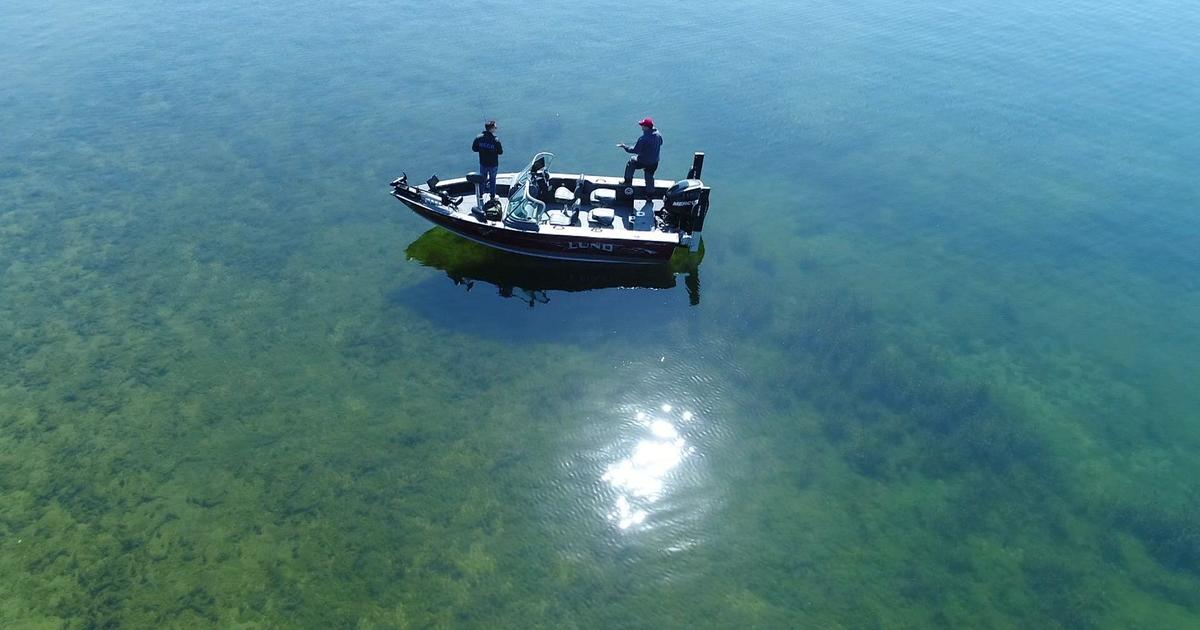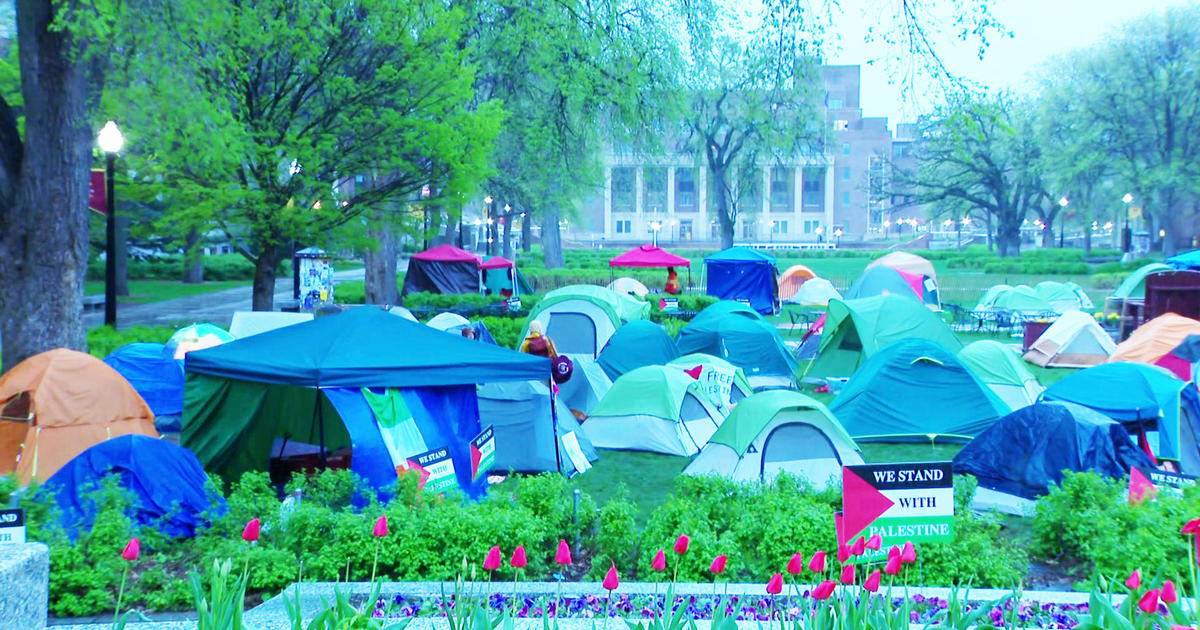'They're Human Beings Just Like Us': Minnesota, Wisconsin To Welcome Hundreds Of Afghan Refugees
MINNEAPOLIS (WCCO) -- Minnesota and Wisconsin will be the new home for hundreds of refugees from Afghanistan.
The Biden administration says Minnesota will likely receive more than 300 people from the country after its government collapsed. Wisconsin will resettle about 400.
WCCO met a woman from Afghanistan now helping thousands of people at Fort McCoy to start over.
"Basically, we fought for 20 years for nothing," Fahima told us.
It's hard for Fahima to look at the last month with much optimism after what happened in her home country.
"I did feel a little bit betrayed, in a sense, with my own government and the government of the United States," she said.
She asked us not to use her last name and to wear sunglasses – scared for her parents and eight siblings back in Kabul.
"I'm from a minority group in Afghanistan called Hazarra and we have been the main target of Taliban and ISIS for years," she said. "Right now they are stuck at home, they cannot go outside. My nieces and nephews can't go outside, they're stuck at home hiding."
Fahima came to Minnesota at the age of 16 where she went to St. John's Prep and graduated from Concordia College.
"I've always loved the United States and that is why I'm here," Fahima said.
At 24, she's volunteering at Fort McCoy where more than 12,000 refugees are now staying.
Amazingly, Fahima found her cousin there after she was able to escape in the chaos.
"I'm very happy for them that they are here. But, at the same time it's sad," she said.
Yazdan Bakhsh was adopted from Afghanistan by a Minnesota family as a young boy.
"They're human beings just like us. I see their future is gone in Afghanistan," Bakhsh said.
He's haunted by the conversations he's been having with people still trying to get out.
"When you get a call, 2 o'clock in the morning somebody killed themself, that's hard, and they're 15, 16 years old," Bakhsh said.
They are urging Americans to keep an open mind and to welcome their people forced into new futures thousands of miles from home.
"I'm pretty sure once people here, they get to know them they will be very happy with that addition in their community," Fahima said.
Fahima last visited Afghanistan four years ago and she chose not to wear a headscarf. Because of that her family was threatened by the Taliban and she applied for asylum in the U.S.
She has been awaiting an interview for her Green Card for more than two years.



